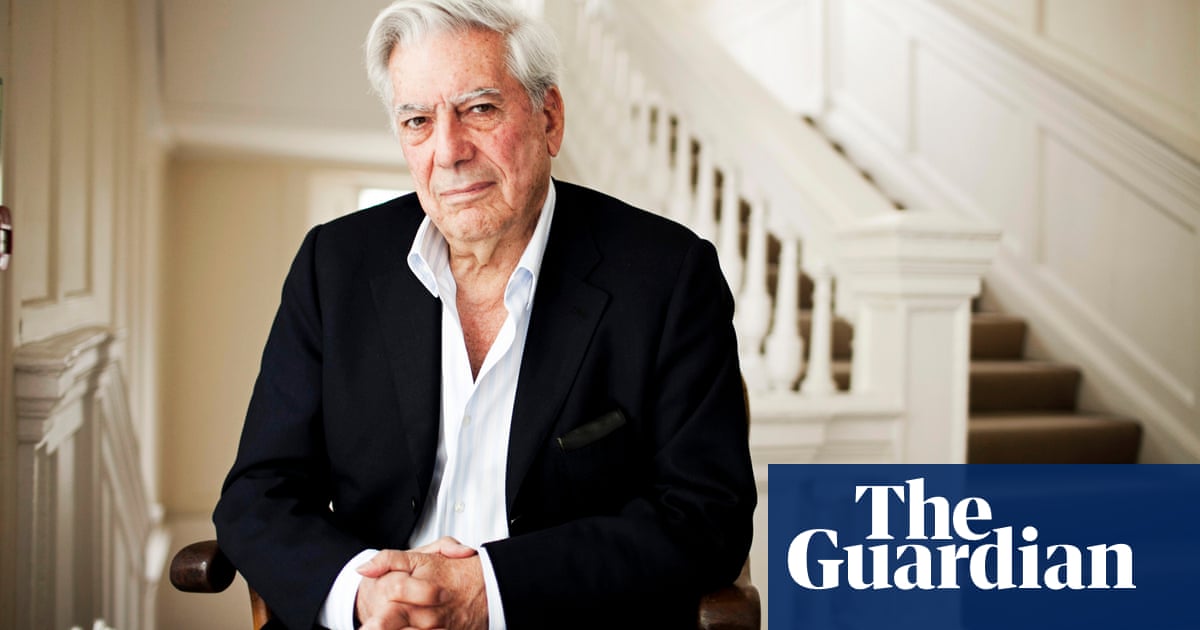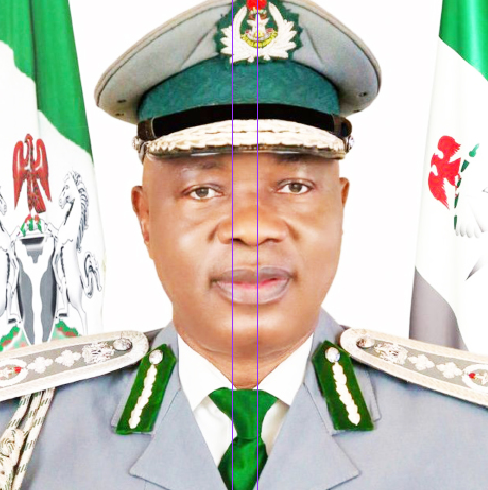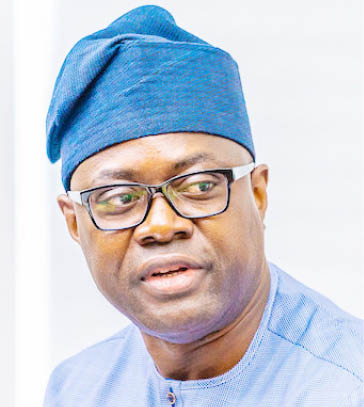Nobel Laureate Mario Vargas Llosa Dies at 89

Mario Vargas Llosa, one of the most influential figures in Latin American literature and a Nobel laureate, has died at the age of 89. His death, which occurred on Sunday, April 14, 2025, in Lima, Peru, was announced by his family. Vargas Llosa's passing marks the end of a prolific career that spanned over five decades, during which he authored numerous novels, essays, and plays that explored themes of power, corruption, and the human condition.
Born Jorge Mario Pedro Vargas Llosa on March 28, 1936, in Arequipa, Peru, his early life was marked by a period in Cochabamba, Bolivia, before returning to his native country. As a teenager, he attended a military academy in Lima, which later served as the backdrop for his first novel, "The Time of the Hero" (La ciudad y los Perros), published in 1963. This work, which depicted a murder and cover-up within the academy, garnered immediate success but also stirred controversy in Peru, where it was deemed scandalous. His literary journey continued with novels like "The Green House" (La Casa Verde) in 1966, solidifying his status as a prominent voice in Latin American literature.
Vargas Llosa's literary contributions extended beyond fiction. His 1971 study, "Garcia Marquez: Story of a Deicide," analyzed Gabriel García Márquez's work, though their friendship later dissolved. Despite personal disputes, Vargas Llosa's impact on the literary world remained profound. His works, including "Conversation in the Cathedral," "Aunt Julia and the Scriptwriter," and "The War of the End of the World," have been translated into numerous languages and have earned him international acclaim.
In 2010, Vargas Llosa was awarded the Nobel Prize in Literature, a recognition of his "cartography of structures of power and his trenchant images of the individual's resistance, revolt, and defeat." During his acceptance speech, he reflected on the importance of literature in fostering empathy and critical thinking, stating, "We would be worse than we are without the good books we have read, more conformist, not as restless, more submissive, and the critical spirit, the engine of progress, would not even exist."
Beyond his literary pursuits, Vargas Llosa was actively involved in politics. Initially a Marxist in his youth, he later embraced liberal democracy. In 1990, he ran for president of Peru but was defeated by Alberto Fujimori. Following this, he became a citizen of Spain and was granted the title of Marquess of Vargas Llosa by King Juan Carlos I in 2011.
Vargas Llosa's personal life also garnered public attention. He was married twice, with his second marriage to his first cousin, Patricia Llosa, lasting over 50 years. In 2015, he separated from Patricia and began a relationship with Isabel Preysler, which ended in 2022.
In his later years, Vargas Llosa remained a prominent voice on global issues, warning against the replacement of ideas with images in contemporary culture. He continued to write, publishing novels such as "Harsh Times" (Tiempos Recios) in 2019 and his first children's book, "Fonchito and the Moon," in 2022. He was elected to the Académie Française in 2021, the first Spanish-language author to receive the honor.
Mario Vargas Llosa's legacy as a literary giant and a public intellectual will endure through his extensive body of work, which continues to inspire and challenge readers worldwide. His exploration of the human condition, combined with his political engagement, cemented his place as one of the most important voices of the 20th and 21st centuries.










